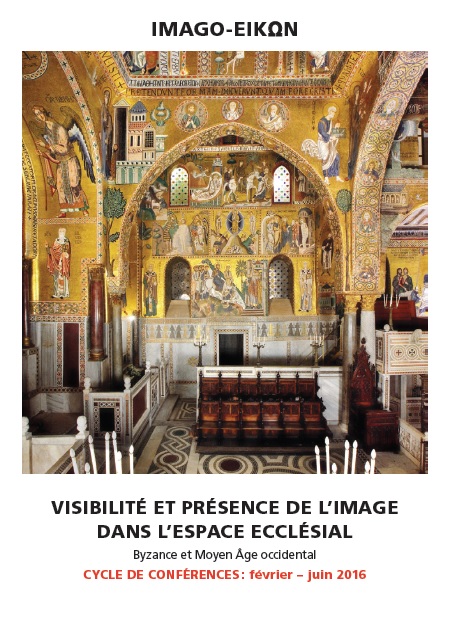Colloque
« Le prince chrétien (IVe-VIIe siècle) »
Université de Paris Ouest Nanterre La Défense (bâtiment B salle des conférences)
5, 6 et 7 octobre 2016
Colloque organisé par
Sylvain Destephen, Bruno Dumézil et Hervé Inglebert
Institut universitaire de France
Équipe ArScAn-THEMAM-École doctorale
La conversion du monde antique au christianisme ne modifie pas la position centrale du Prince au sein de son État. Loin de remettre en cause les fondements traditionnels du pouvoir, la nouvelle religion offre des arguments supplémentaires pour légitimer le souverain dans la mesure où il incarne et applique les valeurs du christianisme dans sa vie personnelle comme dans son action publique. Les élites chrétiennes mettent rapidement au service du pouvoir la rhétorique de la justification divine tant pour exalter le souverain que l’inviter à conformer ses actes à la parole du Christ. Dans la représentation du pouvoir par les contemporains lettrés et dans son autoreprésentation à travers les textes, les monuments et les images, le souverain assume le modèle mis à sa disposition, quitte à en jouer pour servir les besoin de l’heure. Après avoir abordé en 2008 la question de la christianisation du monde antique analysée dans ses aspects documentaires et régionaux, puis en 2013 celle du passage des dieux civiques aux saints patrons qui constitue moins une succession fonctionnelle qu’un hiatus dans la vie communautaire, l’université de Paris Ouest Nanterre propose de mener en octobre 2016 une réflexion collective et transversale sur les relations entre le Prince et le christianisme dans le contexte de l’Empire tardif et des royaumes issus de sa dislocation. Le propos est non seulement de mesurer l’influence de la religion dans l’idéalisation du pouvoir, mais encore d’étendre les perspectives de recherche aux principaux domaines d’exercice de l’autorité suprême. L’image du Prince se reflète en effet dans ses rapports avec les élites et avec les marges, avec les fidèles chrétiens et non-chrétiens, avec ses adversaires intérieurs et extérieurs. Entre le IVe et le VIIe siècle, la notion de Prince chrétien constitue peut-être moins une donnée du réel qu’un revendication à illustrer et à défendre.
Pour le programme, cliquez ici.


